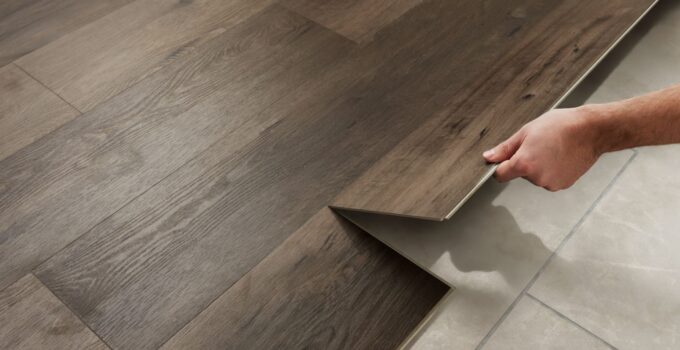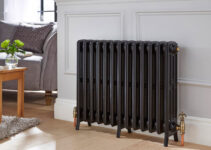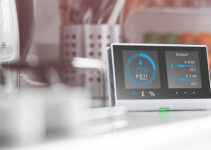As the popularity of luxury vinyl tile continues to grow, more and more commercial property owners are switching from traditional flooring options like carpet and hardwood. LVT offers several benefits for commercial settings, including durability, easy maintenance, and a wide range of style options.
But with so many different products on the market, it can be challenging to know which is suitable for your property. In this article, we’ll break down the different types and help you decide which is the best for your commercial property. We’ll also provide some tips on installation and maintenance. By the end, you’ll be ready to decide which LVT is right for you!
Different Types Of LVT Flooring
Luxury vinyl tile is a popular choice for many commercial properties due to its durability and easy maintenance. It is available in various colors and styles, making it a versatile flooring option. To know more about LVT, visit this site. Also, here are some of the different types of LVT flooring that you may want to consider for your commercial property:
1. Self-Adhesive Vinyl Tiles and Planks
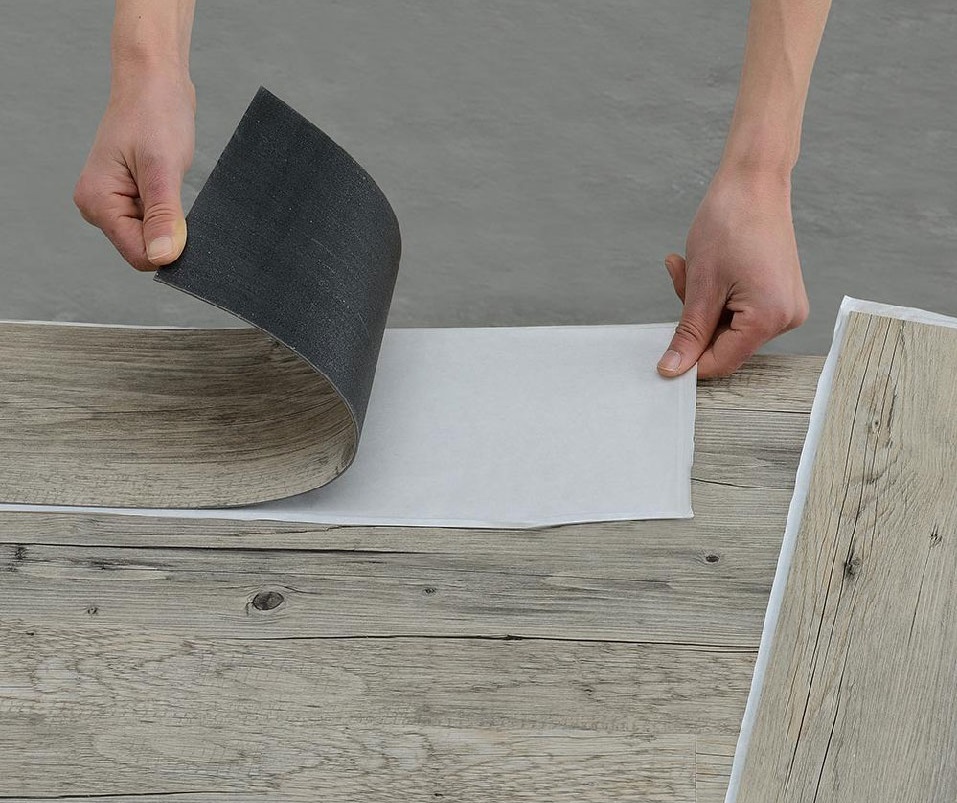
Source: mhkflor.com
If you’re looking for an easy and affordable way to update your floors, self-adhesive vinyl tiles and planks are a great option. These products come in various colors and styles, so you can easily find a look that fits your home. Plus, they’re easy to install so you can do it yourself in just a few hours.
Self-adhesive vinyl tiles and planks are easy to install because they don’t require adhesive or grout. Peel off the backing and stick the tile or plank to the floor. They are also easy to clean and maintain, making them an excellent choice for high-traffic areas.
Consider these tips when installing self-adhesive vinyl floors. First, measure your space and order enough products to cover the area. Second, you’ll need to prep the surface before installation. This means cleaning it and making sure it’s free of debris. Third, when you’re ready to install, be sure to read the instructions carefully. Fourth, once the tiles or planks are in place, you’ll need to seal them with a protective coating. This will ensure that they last for many years to come.
2. Glue-Down LVT
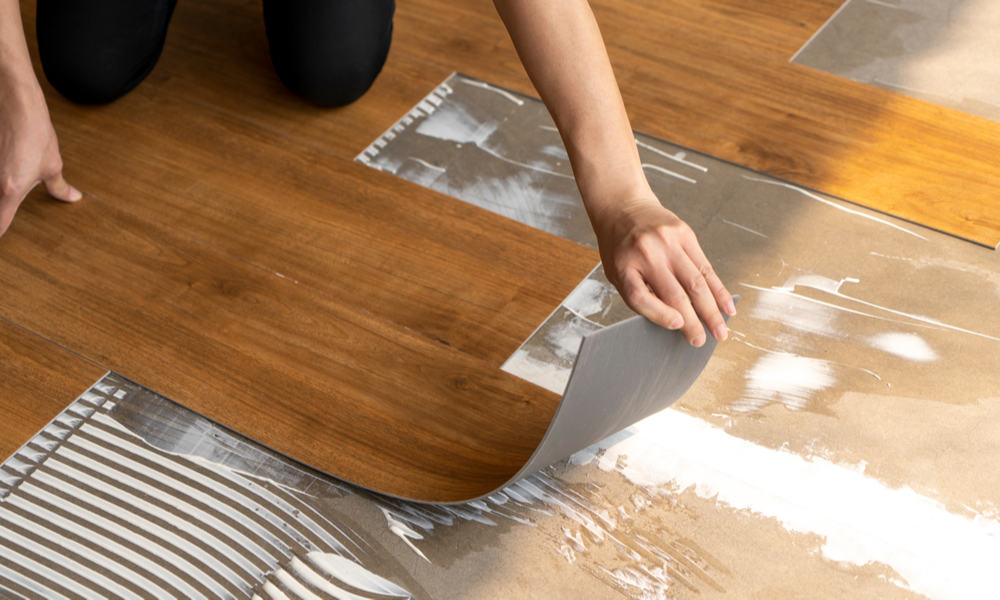
Source: whatisvinyl.com
LVT glue-down may be the right choice if you want a durable, long-lasting flooring option. LVT, or luxury vinyl tile, is a type of vinyl flooring that looks like stone, wood, or ceramic tile. It is available in many colors and styles, making it a versatile option for any space. It is also resistant to water and scratches, making it an excellent choice for high-traffic areas.
Glue-down is an excellent option for high-traffic areas or areas prone to moisture. The tiles are easy to clean and maintain and withstand a lot of wear and tear. Installation is relatively simple, and the tiles can be laid over most existing floors.
Regarding installation, it can either be glued down or floated. Glue-down is ideal for rooms subject to a lot of moisture, like kitchens and bathrooms. It is also a good choice for rooms with uneven floors, as the glue will help level the surface.
3. Interlocking Vinyl Tiles and Planks
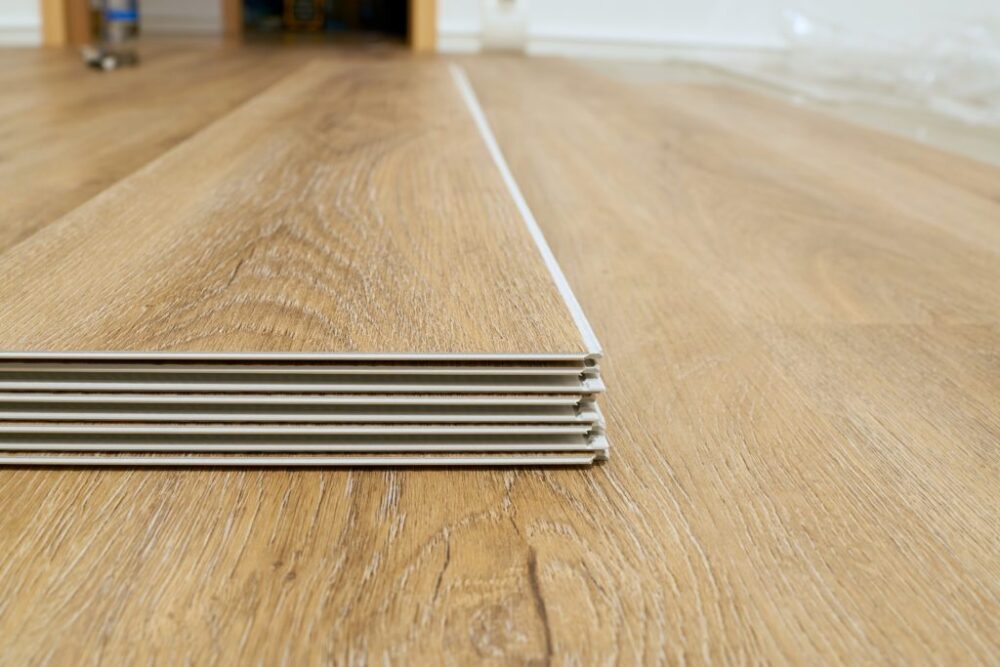
Source: flooringstores.com
As the name suggests, interlocking vinyl tiles and planks are vinyl flooring tiles and planks that fit together like a puzzle without needing adhesive. They are a popular choice for home and commercial flooring because they are easy to install, durable, and maintain. Interlocking vinyl tiles and planks come in various styles, colors, and patterns, so you can find an option to suit any space.
These tiles and planks are easy to install and can be used to create a variety of different looks. Interlocking vinyl tiles and planks are made of two layers: a top layer of vinyl and a bottom layer of foam. The vinyl layer is easy to clean and maintain, and the foam layer provides cushioning and insulation. These are cost-effective options because they are typically less expensive than other types of flooring, such as carpet or hardwood.
4. Loose Lay Vinyl Planks
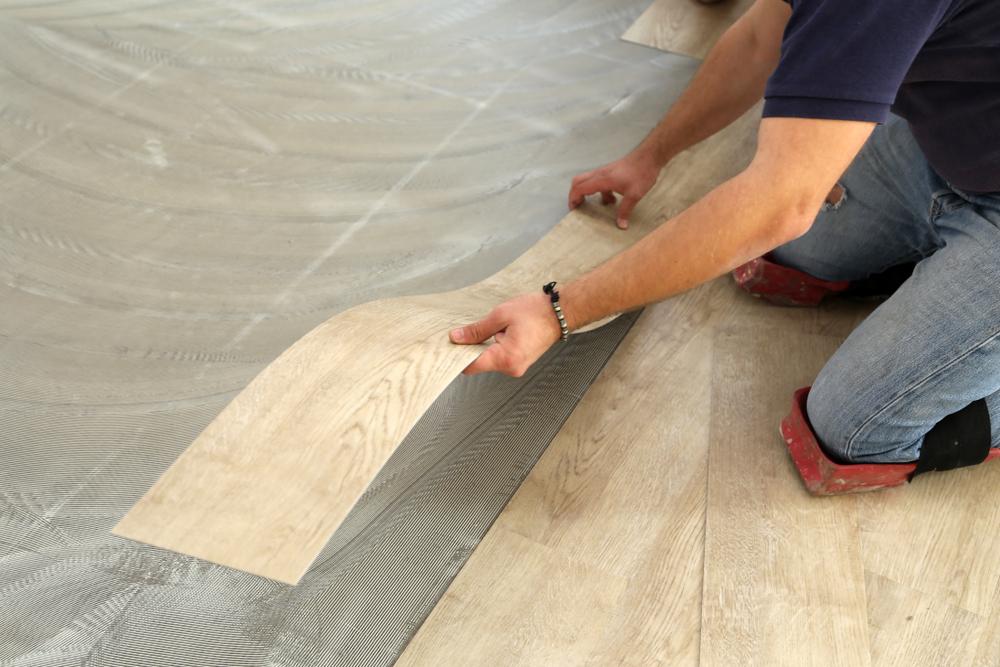
Source: impressionfloors.com
These loose-lay vinyl planks are specifically designed for easy installation. They are not adhesive-based and do not have locking mechanisms. Their adhesiveness is based on friction.
Because of the friction between the bottom layer and the floor, the tiles grip the subfloor tight. This makes it impossible for them to slip under your feet. You can apply adhesive to the corners of the room to ensure that the planks won’t roll.
Loose-lay vinyl planks are reusable. You can remove them and place them elsewhere. They don’t leave behind any residues. They are, therefore, one of the most popular types of vinyl flooring.
Selecting The Right LVT For Your Commercial Property
There are many factors to consider when selecting the right luxury vinyl tile for your commercial property. LVT is a popular choice for commercial flooring because it is durable, easy to maintain, and comes in various colors and styles. But with so many options on the market, it can take time to figure out where to start.
Here are a few things to keep in mind when selecting LVT for your commercial property:
- Durability: It is a durable option for commercial flooring, but some types are more durable than others. If your property sees a lot of foot traffic, you will want to choose a durable LVT that can withstand heavy use.
- Maintenance: LVT is easy to maintain, but some types require more care than others. If you want to save time cleaning your floors, choose an LVT that is easy to care for.
- Style: It comes in various colors and styles, so you can find an LVT that fits your property’s décor. You can choose an LVT with a sleek, contemporary design if you want a modern look. If you prefer a more traditional look, you can choose an LVT with a wood or stone design.
- Budget: It is more affordable than other types of commercial flooring, but some LVT is more expensive than others. If you are on a tight budget, you will want to choose a cost-effective LVT.
Bottomline
It is challenging to find a one-size-fits-all LVT flooring solution. The best type of LVT for your commercial property depends on various factors, including your business, the amount of traffic your floors receive, and your budget. Consult a professional flooring contractor to find the best LVT for your needs.

